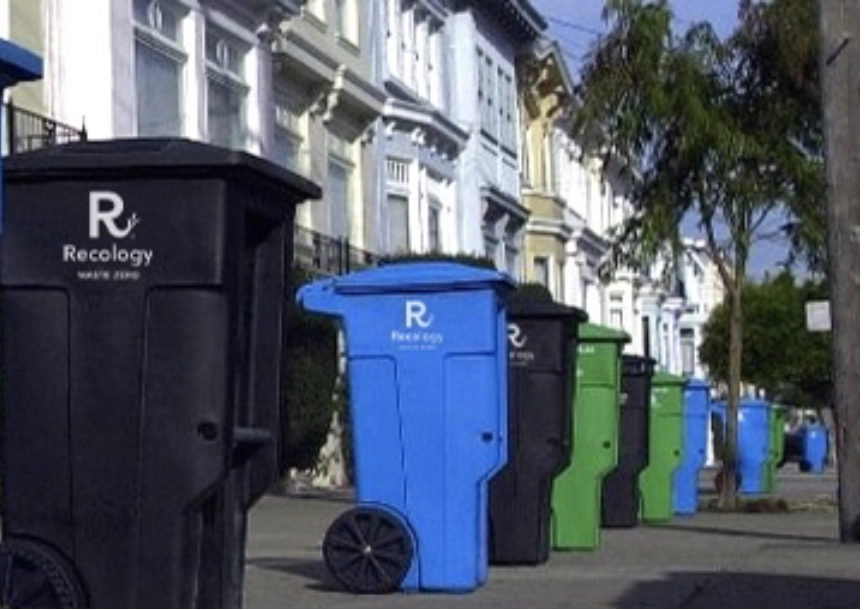Quilt Square #10
I live in San Francisco, a city that tries to innovate and strive for zero waste (i.e. less stuff going to landfills or being incinerated, producing greenhouse gases). In high school, when I first heard about this news, I was so amazed and in full support. I grew up seeing environmental injustices near the Naval shipway. However, after I entered college, my environmental analysis class taught me about the cost and benefit curves of different kinds of investments. I learned that although global warming is big, and we should all be obligated to take immediate actions to make a change, waste is not the only cause worth attention. In class, I learned that the same amount of funding could save more lives, for example, if invested in preventing car accidents. As I think about this more, I can see why from an economist’s or policymaker’s perspective that investing in the zero waste movement is not worth it. According to cost-benefit analysis, when the waste treatment development is already pretty advanced, the benefit that one would get out of it will be disproportionate to the cost. This triggered me to think about what are some more cost-efficient ways to slow down climate change at a local level in the Bay Area. I also wondered if there were more cost-efficient ways to slow down climate change in areas with less advanced technology, like developing countries? These doubts are still question marks to me. While I remain hopeful for San Francisco’s zero waste movement, in my own life I am also starting to experiment with alternative ways to help tackle climate change (ex.reusing water for plants and replacing appliances to ENERGY STAR ones).







![AX-emilycorkGND[1] Illustration: Emily Cork, Green New Deal Art, Creative Action Network](https://www.kneedeeptimes.org/wp-content/uploads/2022/06/AX-emilycorkGND1.jpg)




